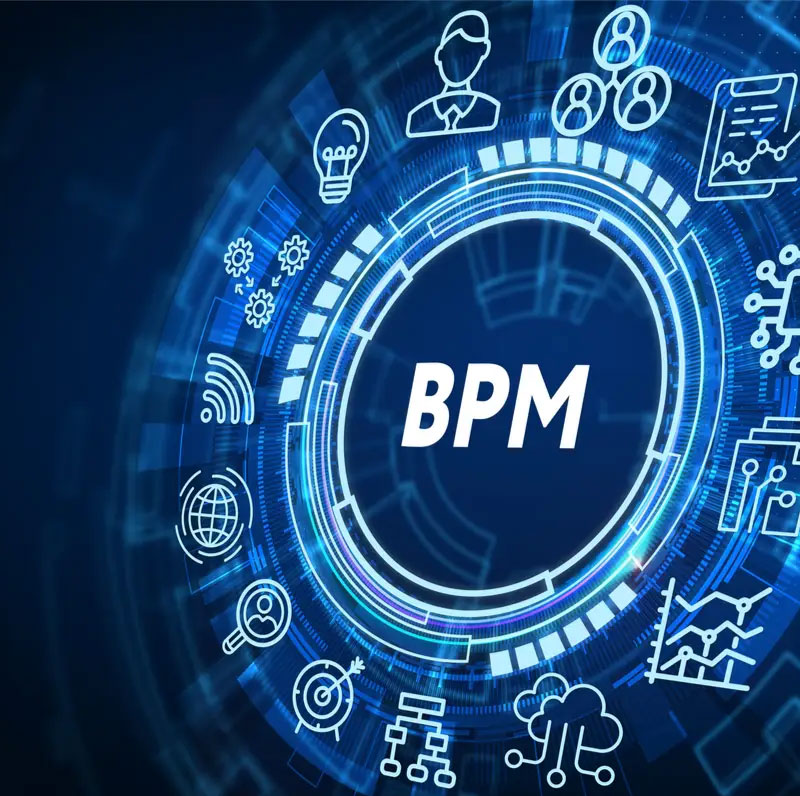How important is Business Process Management to your ERP Implementation
Business process management (BPM) is a crucial component in the successful implementation of enterprise resource planning (ERP) systems. ERP systems are designed to streamline business processes by integrating various functions across an organization, including finance, human resources, sales, and supply chain management. However, without proper BPM, the implementation of an ERP system can become a chaotic and ineffective process.
BPM helps organizations to analyze, optimize, and automate their business processes, which is essential for ERP implementations. ERP systems require an understanding of business processes, and without BPM, organizations may not be able to fully capitalize on the benefits of the system. BPM ensures that all business processes are aligned with the organization’s goals and objectives, and that the ERP system is configured to meet those goals.
In addition, BPM helps to identify any inefficiencies in the current processes and provides a framework for optimizing them. This ensures that the organization is maximizing the benefits of the ERP system and that it is achieving its desired outcomes. BPM also ensures that the ERP system is configured to support the organization’s workflows and business processes, which improves efficiency and productivity.
Furthermore, BPM provides a way to automate business processes, which is a critical aspect of ERP implementations. Automation reduces the risk of errors and inconsistencies, and it streamlines processes, which improves efficiency and reduces costs. BPM helps to identify the processes that can be automated and ensures that the ERP system is configured to support automation.
In conclusion, BPM is essential to the successful implementation of ERP systems. It provides a framework for optimizing and automating business processes, which is critical for achieving the full benefits of the system. Organizations that invest in BPM as part of their ERP implementation strategy are more likely to achieve their desired outcomes and to realize the full potential of their ERP system.



